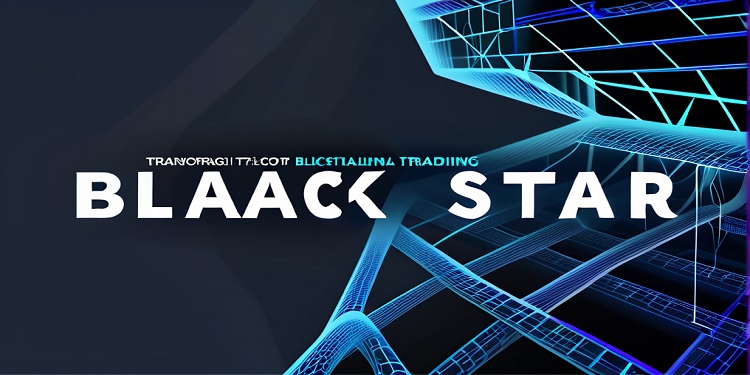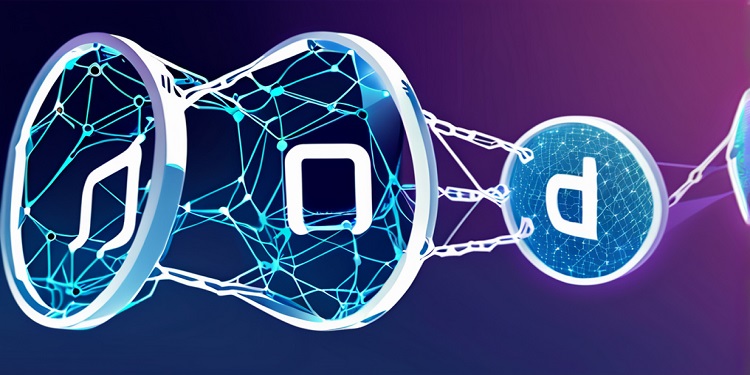WiMi Hologram Cloud Inc., a leading global provider of Hologram Augmented Reality technology, has announced its focus on developing consensus algorithms tailored for blockchain-based Internet of Things (IoT) applications. This initiative aims to resolve longstanding compatibility challenges between IoT devices and blockchain networks, paving the way for seamless integration and enhanced performance across diverse use cases.
The company’s research delves into dynamically adjustable consensus algorithms capable of meeting the unique demands of IoT systems. By fine-tuning parameters such as block size and transaction confirmation times, WiMi is working to optimize scalability and throughput, ensuring rapid data processing and low-latency responses even under substantial network loads. These adjustments make blockchain technology more adaptable to the varied performance requirements of IoT applications, enhancing its utility in real-world scenarios.
Strengthening Security Through Anonymous Node Selection
A significant aspect of WiMi’s algorithm is its mechanism for selecting master and validation nodes anonymously. This approach bolsters the system’s resilience against potential attacks while safeguarding the identity information of participating nodes. The combination of anonymity and robust security protocols ensures a secure and reliable framework for IoT applications leveraging blockchain technology.
Transforming IoT Applications Across Industries
WiMi’s advancements in blockchain-based IoT solutions hold the potential to unlock vast opportunities for innovation. As technology continues to evolve, the integration of IoT and blockchain is expected to drive significant progress in multiple sectors, propelling the digital economy toward greater efficiency and transparency.
For instance, in supply chain management, IoT devices can monitor the real-time status of product logistics, while blockchain ensures the authenticity and tamper resistance of the data. This combination enhances transparency, reduces inefficiencies, and builds trust across the supply chain. Similarly, in smart cities, IoT sensors can collect critical data on urban operations, while blockchain provides a secure platform for storing and analyzing this information. By leveraging this synergy, city administrators can make more informed decisions, leading to better resource management and improved urban living conditions.
Future Potential of IoT-Blockchain Integration
WiMi envisions the integration of IoT and blockchain as a transformative trend that will bring enhanced convenience and new possibilities to everyday life. As these technologies merge, they are expected to demonstrate their immense potential in fields beyond supply chains and smart cities, including healthcare, transportation, and energy management.
This convergence represents a significant step forward in addressing the technological and operational challenges associated with IoT systems. By resolving compatibility issues and optimizing performance, blockchain-enabled IoT applications are poised to play a pivotal role in shaping the future of the digital economy.
WiMi’s efforts highlight the importance of developing tailored solutions to enhance interoperability and scalability, positioning the company as a key player in advancing IoT and blockchain technologies. This ongoing innovation is expected to fuel the growth of both industries, driving the creation of more secure, efficient, and transparent systems that benefit businesses, governments, and individuals worldwide.








